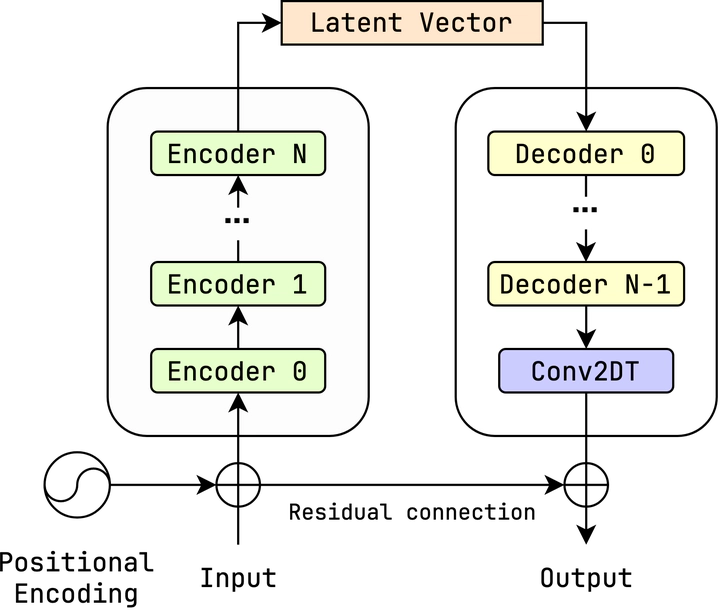Machine learning accelerated device simulations

In this part of our work, we are investigating the possibility to replace numerical TCAD device simulations with machine learning methods.
Our unique device modelling methodology is based on the combination of machine learning methods and ‘classical’ device simulations. We have developed a unique simulation framework that combines quantum mechanical nonequilibrium Green’s function (NEGF) approach, and the ML method is an extension of a convolutional generative network. We have named our new simulation approach ML-NEGF. It is implemented in our in-house simulator called Nano-Electronics Simulation Software (NESS). The output of the simulation tool is an improved convergence speed of the ML-NEGF method in comparison to the “standard” NEGF approach.
Selected publications:
Xue, L. , Dixit, A. , Kumar, N. and Georgiev, V. (2025) Generative process variation modeling and analysis for advanced technology based on variational autoencoder. IEEE Transactions on Electron Devices, 72(7), 3889-3895. doi: 10.1109/TED.2025.3570675
Xue, L. , Dixit, A. , Kumar, N. , Georgiev, V. and Liu, B. (2024) Machine learning-assisted device circuit co-optimization: A case study on inverter. IEEE Transactions on Electron Devices, 71(12), pp. 7256-7262. doi: 10.1109/TED.2024.3476231
Aleksandrov, P. , Rezaei, A. , Dutta, T. , Xeni, N., Asenov, A. and Georgiev, V. (2023) Convolutional machine learning method for accelerating non-equilibrium Green’s function simulations in nanosheet transistor. IEEE Transactions on Electron Devices, 70(10), pp. 5448-5453. doi: 10.1109/TED.2023.3306319
Carrillo-Nunez, H., Dimitrova, N., Asenov, A. and Georgiev, V. (2019) Machine learning approach for predicting the effect of statistical variability in Si junctionless nanowire transistors. IEEE Electron Device Letters, 40(9), pp. 1366-1369. doi: 10.1109/LED.2019.2931839